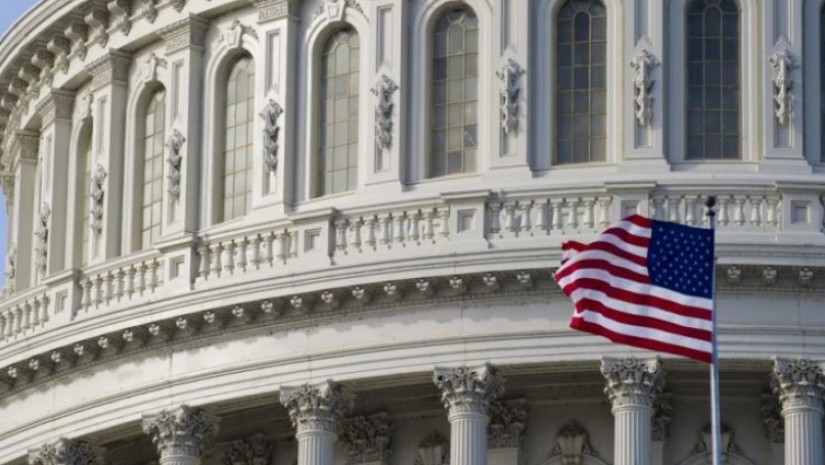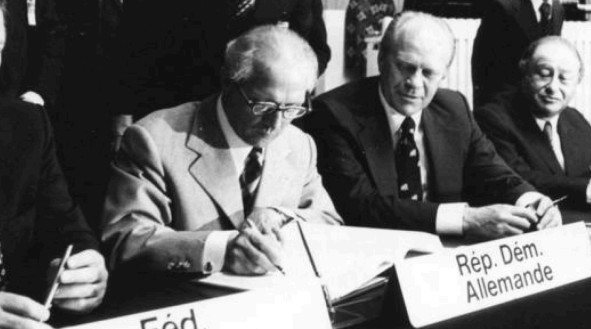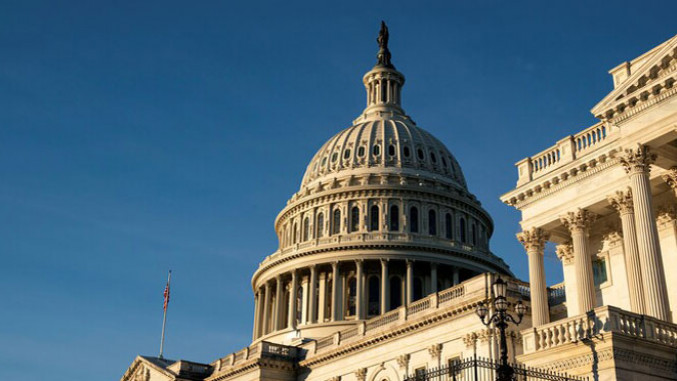In the News
Helsinki Commission leadership, members, and initiatives are frequently featured in both the U.S. and foreign press.
Filter Topics
Open
Close











